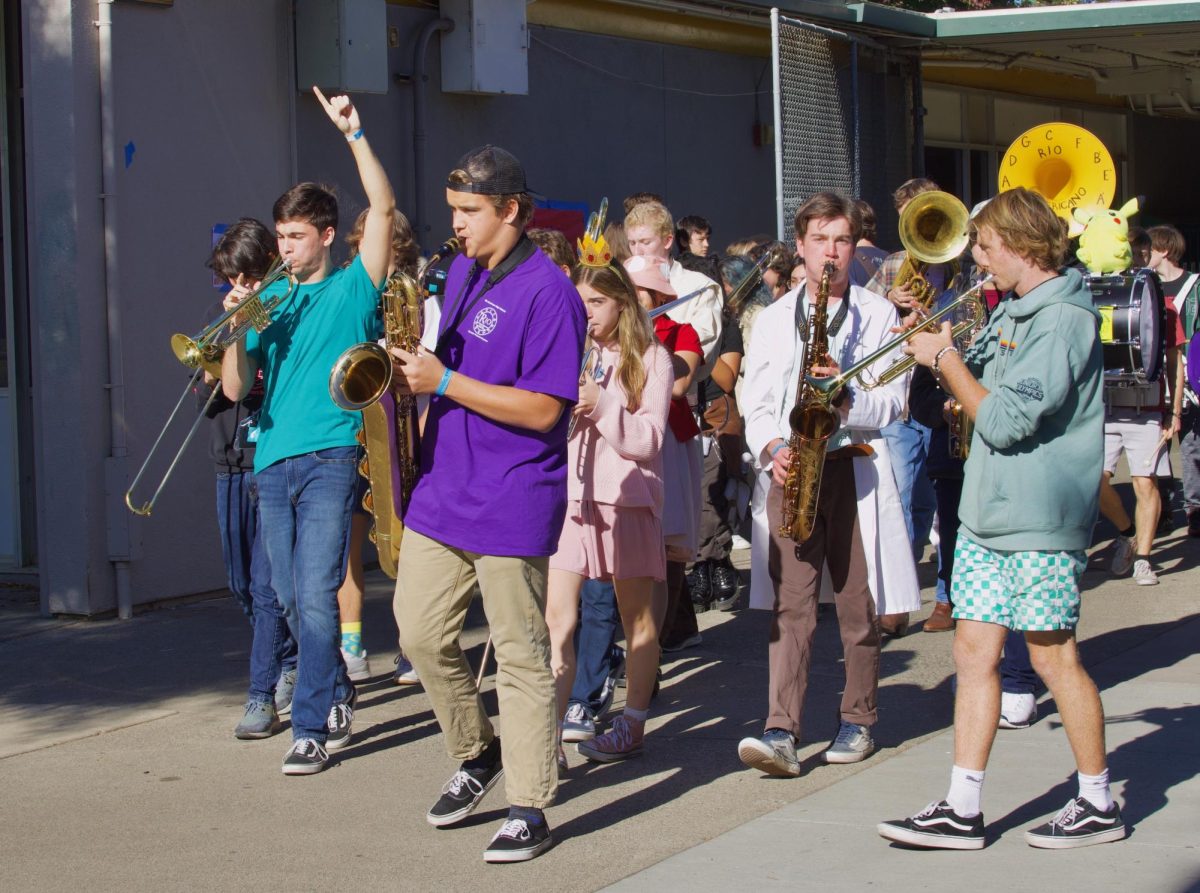An Examination of Finals

Most high school students, at some point or another, dream of a world without final exams. One of the largest districts in the country is making that dream come true for its students.
Maryland’s Montgomery County Board of Education will be doing away with final exams next year, swapping them with more periodic assessments such as chapter tests, essays, and projects. The motivator behind the drastic change was the insufficient instructional time allotted in order to accommodate the time needed to administer finals at the end of each semester.
At first, eliminating final exams sounds like a no-lose situation. Less stress at the end of the semester. More sleep because studying until 3 am won’t be necessary. No more racking your brain trying to remember that one thing you learned that one day four months ago.
But would doing away with finals really be good for students in the long run?
The general consensus: It depends.
For classes such as math, where success is largely determined by the student’s understanding of the concepts taught in the preceding math class, increased instructional time might be the most beneficial option.
Math teacher Christine Jung said, “If final exams were eliminated, I would take longer covering the existing chapters. The pacing, in Algebra 2 for example, is not forgiving.”
Another factor is what students are planning to do after high school. Students planning to go straight into the workforce might benefit more from hands-on projects where they can be judged on their work and efficiency. On the other hand, college-bound students might receive better preparation from lengthy essays and exams similar to those they will likely encounter during their higher education.
Finals can still be an effective way to assess what students have learned, but some could argue that the effectiveness could be impacted by the form of the assessment itself. Economics and Psychology teacher Curt Casazza said, “I think there should be some kind of final that is comprehensive but it doesn’t have to be an exam. It could be a project-based learning thing, it could be an exam–there needs to be something.”
Finals can still be an effective way to assess what students have learned, but some could argue that the effectiveness could be impacted by the form of the assessment itself.
Students seem to have a love-hate relationship with finals. With sometimes six or seven different classes to study for, feeling 100 percent prepared for each test is rare, and oftentimes the stress alone is enough to make one forget whether Pythagoras was a mathematician or some unique Python-Gorilla hybrid animal you learned about in Biology. Sophomore Javier Cardoza said, “Studying for three or four finals at one point is just too much. You don’t have enough time in your day just to study four different things.”
Though they cause many a sleepless night and the occasional nervous breakdown, finals also offer an incentive to keep up with accumulating class concepts and often give a last little leg-up to push that B over to a B+. Senior Rosie Moorehead said, “Finals are very stressful so it would be nice to have a break from them, but they are also a great way to boost your grade.”
Final exams, like many other things in education, are not a one-size-fits-all institution. For much of the country, however, they are simply the best method the education system has to assess what students have learned…at least, for now.



























